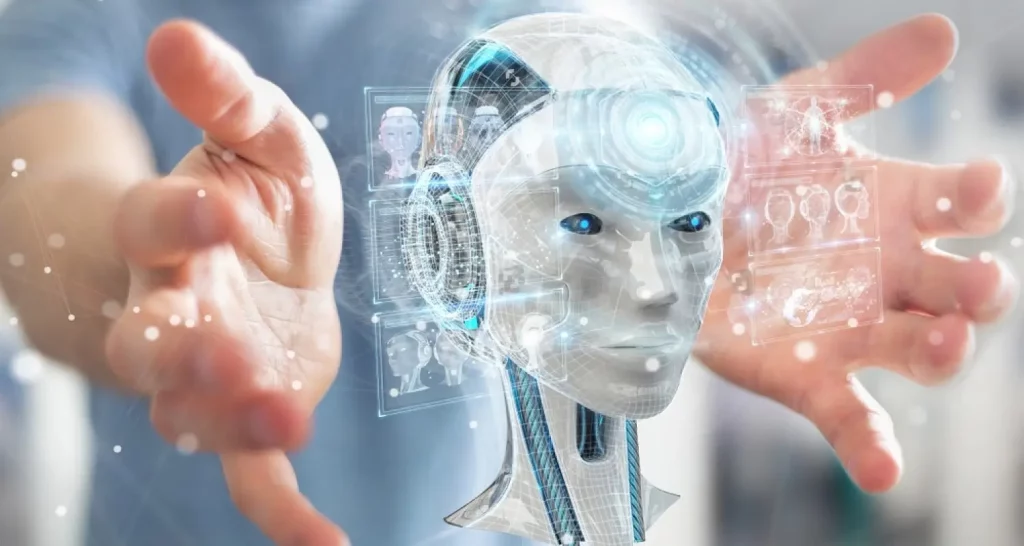Machine learning is an exciting field that has gained significant attention in recent years due to its remarkable ability to transform industries and society as a whole. From computer vision to natural language processing and predictive maintenance, machine learning has become a critical component of many technological solutions.
This has made it increasingly important for individuals and businesses to understand the concepts and applications of machine learning.
In this blog post, we will explore the fundamentals of machine learning, its various applications, case studies, and its future. We will also highlight the significance of understanding machine learning concepts and the potential impact it can have on society.
Understanding machine learning can help businesses and individuals leverage its power and stay ahead of the curve in their respective industries.
Whether you are a seasoned expert in the field or just starting, this blog post will provide you with a comprehensive overview of the basics of machine learning and its practical applications. So, let’s dive in and explore the exciting world of machine learning.
Machine Learning Concepts
Machine learning is a subfield of Artificial intelligence that involves the development of algorithms that enable computers to learn from data and make predictions or decisions based on that data. There are three main types of machine learning: supervised learning, unsupervised learning, and reinforcement learning.
Supervised learning involves training a machine learning algorithm on a labeled dataset, where the output is known. The algorithm learns to predict the output based on the input features. Unsupervised learning, on the other hand, involves training an algorithm on an unlabeled dataset, where the output is not known. The algorithm learns to find patterns and structure in the data.
Reinforcement learning involves training an algorithm to make decisions in an environment, where it receives feedback in the form of rewards or punishments based on its actions.

Feature selection and extraction is another critical concept in machine learning. It involves selecting or extracting the most relevant features from the input data that are most predictive of the output. Evaluation metrics are used to measure the performance of a machine learning algorithm. Common evaluation metrics include accuracy, precision, recall, and F1 score.
Machine Learning Applications
Machine learning has a broad range of applications across various industries. Computer vision and image recognition are some of the most well-known applications of machine learning. Natural language processing and text classification are also widely used, particularly in chatbots and virtual assistants.
Machine learning is used in fraud detection and anomaly detection, where it can detect abnormal patterns in financial transactions or network traffic. Predictive maintenance and time series analysis are also common applications, where machine learning can predict equipment failures or identify trends in time series data.
Recommendation systems and personalized marketing are other popular applications that use machine learning to provide personalized product recommendations to customers.
Case Studies
There are many examples of successful machine learning applications. Netflix, for instance, uses machine learning algorithms to provide personalized movie and TV show recommendations to its users.
Amazon uses machine learning to recommend products to customers based on their purchase history and browsing behavior. Machine learning is also used in healthcare to predict patient outcomes and identify potential health risks.
Despite its many successes, machine learning also has its challenges and limitations. Overfitting, where a machine learning model is too closely fit to the training data and is unable to generalize to new data, is a common challenge.
Other challenges include bias and interpretability issues, where machine learning models may reinforce or amplify societal biases or may be difficult to explain or interpret.

Future of Machine Learning
Machine learning is a rapidly evolving field, with new advancements being made every day. Some of the current trends in machine learning include deep learning, reinforcement learning, and transfer learning.
Deep learning involves the use of neural networks with many layers, while reinforcement learning involves training algorithms to make decisions based on feedback. Transfer learning involves using pre-trained models for new tasks, rather than starting from scratch.
The future of machine learning is likely to be characterized by continued advancements in Technology and its increasing impact on various industries. As machine learning becomes more widespread, it is also important to consider its ethical implications and ensure that it is used responsibly.
Conclusion
In conclusion, machine learning is a powerful tool that is transforming industries and society. Understanding the concepts and applications of machine learning is becoming increasingly important for individuals and businesses to stay ahead of the curve. By leveraging the power of machine learning, businesses can gain a competitive advantage and individuals can develop new skills and opportunities.
However, it is also important to be aware of the challenges and limitations of machine learning and to use it responsibly. The future of machine learning is bright, and we can expect to see many exciting developments in the years to come.








I don’t think the title of your article matches the content lol. Just kidding, mainly because I had some doubts after reading the article.